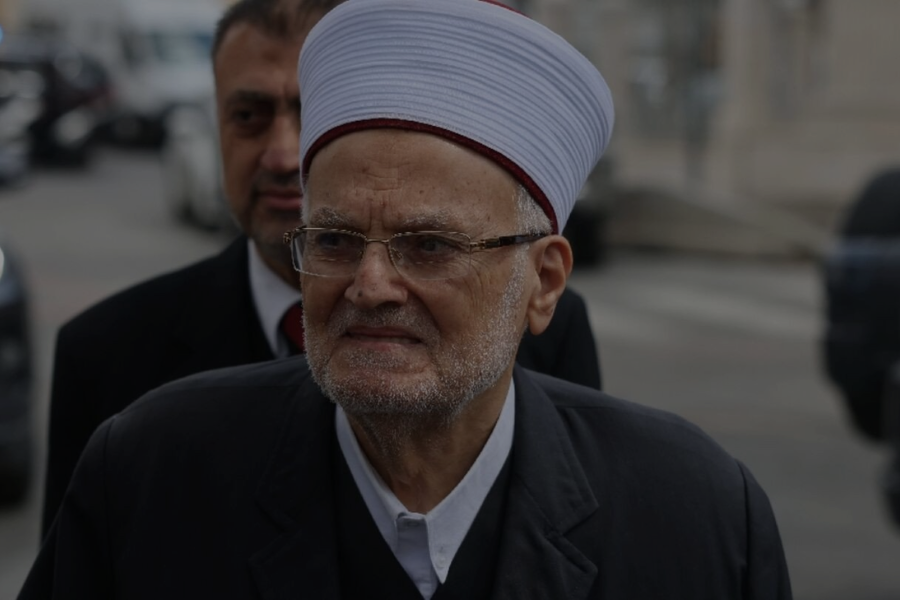Last Friday, the famous Imam of the Al-Aqsa Mosque, Sheikh Raed Salah, was arrested by the Israeli authorities for his sermon in respect of the death of the brother-in-law of Ismail Haniyeh—one of the notables of the Gaza Strip. The arrest opened again a case full of controversy and critique, drawing attention to the tense and often fraught relationship between Israeli authorities and Palestinian religious leaders.
Sheikh Raed Salah is a renowned figure in the Palestinian community due to his non-comprising attitude, and being an Imam of one of the most sacred places of Islam, al-Aqsa Mosque, has kept him at the forefront of many political and social issues. It is a flashpoint of conflict between Israelis and Palestinians; the incident took place during Salah’s Friday sermon, the day of the most religious significance in the Muslim week, when he expressed his condolences at the death of a critical associate of Ismail Haniyeh, the overall leader of the Hamas movement.
As one of the influential people in Gaza, the involvement of Haniyeh in the Israeli-Palestinian conflict has always been very upfront, and his relations with other groups within the Palestinian territories often pit him directly against the Israeli regime. The killing of his brother-in-law was taken as a very personal loss to him, and Salah’s act of public mourning translated into what could have been perceived by others to show solidarity with Haniyeh and his political leanings.
Israeli officials had to defend the reason for arresting Salah by accusing him of incitement in his sermon, claiming he was trying to stir up trouble and foment unrest. The Israeli authorities have presented it to ensure public order and security. However, some critics charge that the action is part of a larger strategy to suppress dissent and tighten the noose around all those voices raised against Israeli policies, particularly over Jerusalem and the Palestinian territories.
The arrest of Sheikh Salah has attracted condemnation from many quarters, including international human rights organizations and Palestinian leaders. They describe the measure as infringing on religious freedom and the right to express condolences and political solidarity. It is said that actions like this only fan already volatile tensions and feed into a more excellent cycle of violence and reprisals between Israelis and Palestinians.
Reaction to the arrest is riddled with calls for increased pressure on the Israeli authorities’ actions and renewal of dialogue and diplomacy. Most recently, the continued jailing of religious figures and leaders has only made these divisions worse, setting the initiative backward toward reconciliation and mutual understanding.
The case of the arrest of Sheikh Raed Salah develops as a striking reminder that at the heart of the Israeli-Palestinian problem lies a deep, continuing conflict. It underlines how religion, politics, and national identity are inextricably tied together within this region of discord and strife. On tenterhooks, the world awaits a solution that will satisfy all parties and bring peace to a world riven by conflict.















